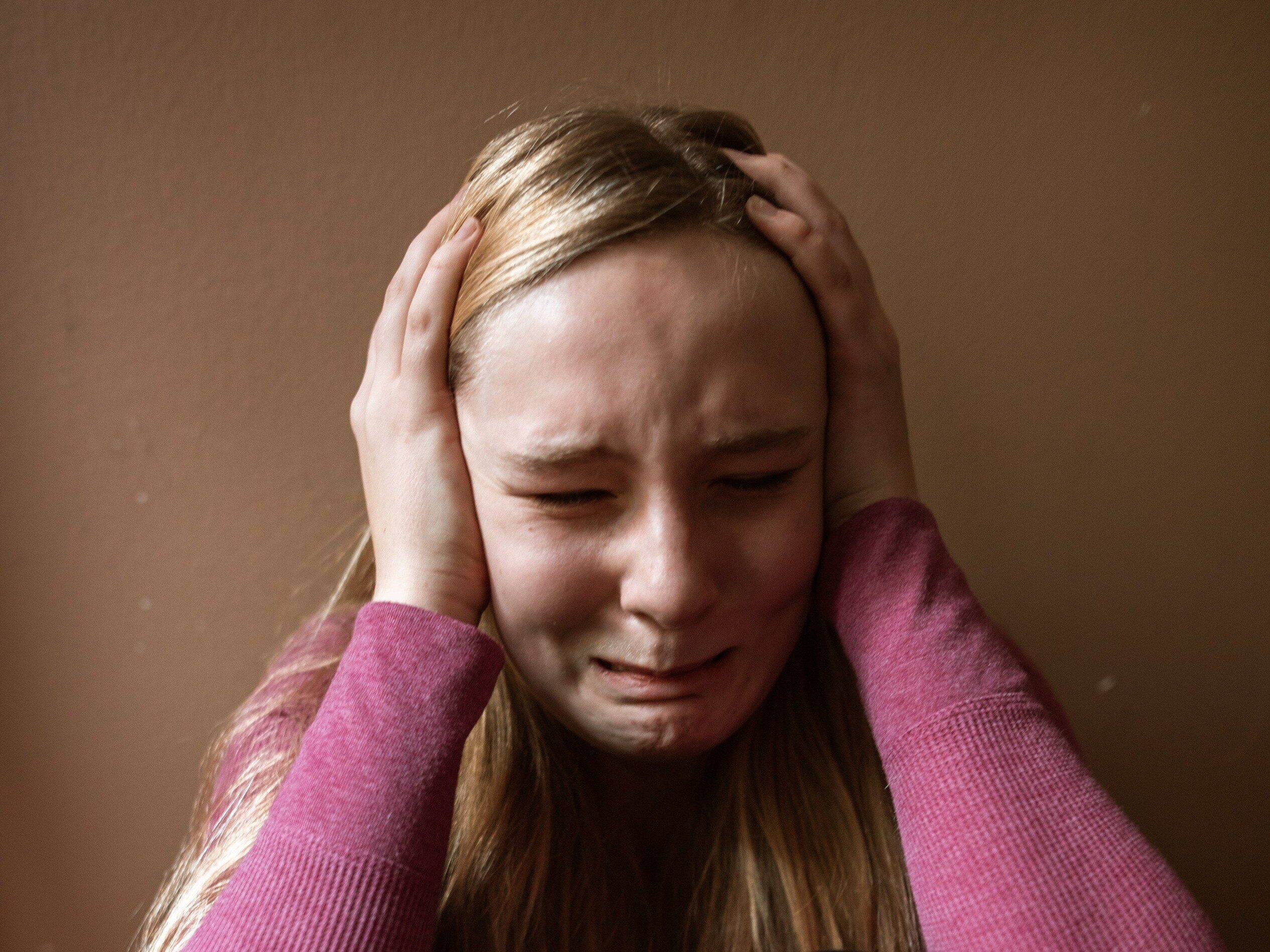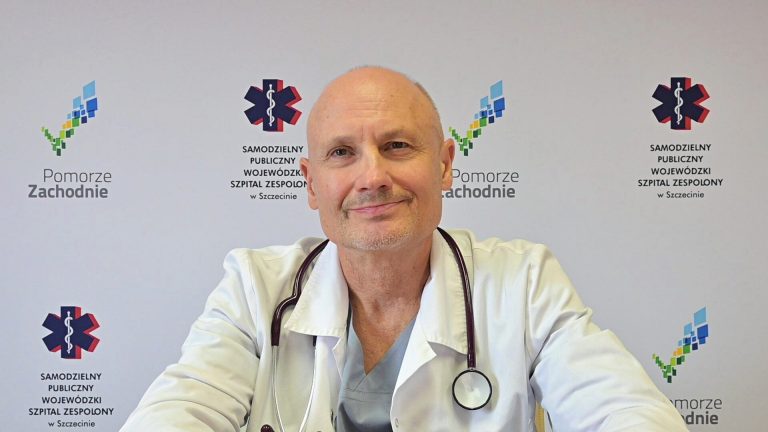A new therapy for the treatment of postpartum depression? The researchers’ conclusions are surprising

Postpartum depression affects more and more women. Can a new treatment method discovered by scientists be effective in dealing with this problem?
Specialists from McMaster University conducted the study from August 2020 to February 2022, but its results came to light only at the end of August this year. It involved 183 young mothers diagnosed with postpartum depression, residents of Ontario (Canadian province). The volunteers participated in nine weeks of group cognitive-behavioral therapy (CBT) conducted online. Importantly, the therapy was not conducted by psychologists or psychotherapists, but by “ordinary” women without psychological or medical education (only after a three-day training) who had once struggled with the problem of postpartum depression and recovered. The study also included a control group of women with postpartum depression who received “standard” therapy.
An unconventional method of treating postpartum depression
They found that the group of volunteers who participated in psychotherapy led by “ordinary” women saw clinically significant improvements in postpartum depression and anxiety, as well as higher levels of social support, less anxiety about their baby, and better infant well-being. These changes lasted up to five months after young mothers started treatment. As Ryan van Lieshout, associate professor in the Department of Psychiatry and Behavioral Neurology at McMaster University and lead author of the study, notes:
No one has previously used a similar therapeutic method to treat postpartum depression that was based on the experiences of women who had experienced postpartum depression themselves. Her discovery could significantly facilitate access to effective treatment for mothers suffering from postpartum depression.
– If I had received such support nine or eleven years ago, I might not have suffered from postpartum depression with my second child. I would have the resources and opportunities to try to get ahead of the disease. I think that the program allows for openness in talking about oneself and listening to the experiences of others, which largely eliminates the shame and guilt associated with struggling with depression and postpartum anxiety,” emphasizes Lee-Anne Mosselman-Clarke, who was one of the coordinators. peers (“ordinary” women conducting therapy).
What is postpartum depression and how does it manifest itself?
Postpartum depression is a state of low mood that occurs in women in the last trimester of pregnancy or shortly after the birth of a child. A new mother is unable to enjoy her new role. Does not take usual actions and does not fulfill his duties. He often shows no interest in the baby and at the same time is afraid of harming the baby. He feels guilty and helpless. He often suffers from insomnia and anxiety disorders. Her cognitive functions are also disrupted. Untreated postpartum depression can have very serious consequences and may end, for example, in the suicide of a young mother. Therefore, you should not underestimate the problem and seek help from a psychologist or psychotherapist as soon as possible.






